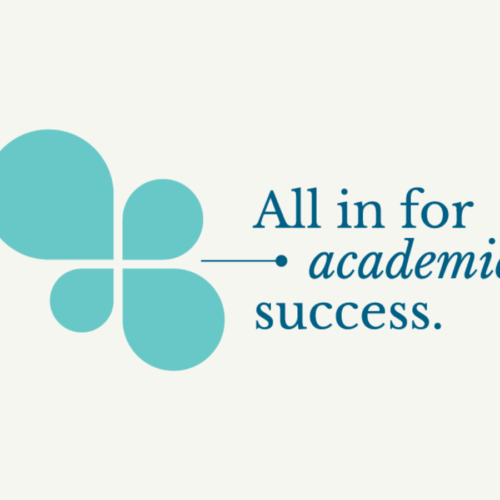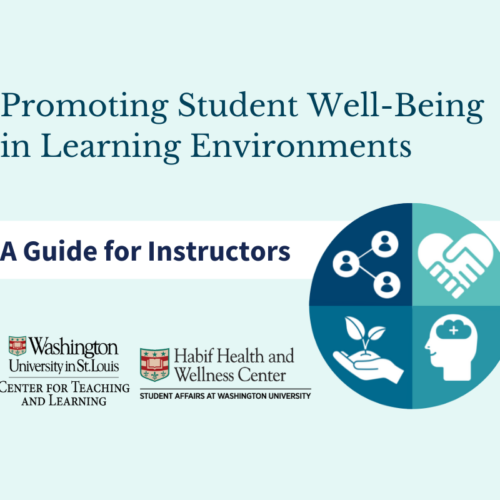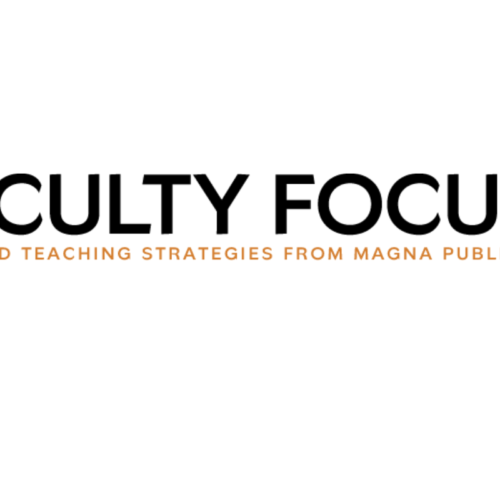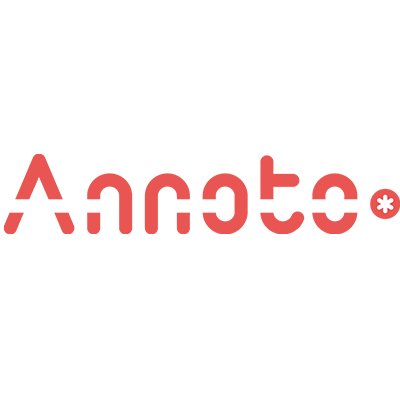Considering Corrective Feedback
As we enter these weeks before midterm, we might consider how we can focus our feedback to deepen student learning. In this Journal of College Science Teaching article, “It’s Not Wrong to Tell Students When They’re Wrong,” authors Robert Ehrlich and Stanley Zoltek consider the value of corrective feedback in student learning.
The authors note that while some instructors avoid corrective feedback out of fear of harming student confidence, corrections are essential for preventing confusion and improving learning. In distinguishing “corrective feedback” from “negative feedback,” the authors emphasize the need for explanatory comments, such as which concepts or approaches students are understanding correctly and where they are taking a wrong turn. The article’s call to “destigmatize” wrongness fits with what we know about a “growth mindset”–namely, that mistakes are part of the process of learning for all of us.
References
Ehrlich, R., & Zoltek, S. (2006). It’s wrong not to tell students when they’re wrong. Journal of College Science Teaching, 35(4), 8-10.






